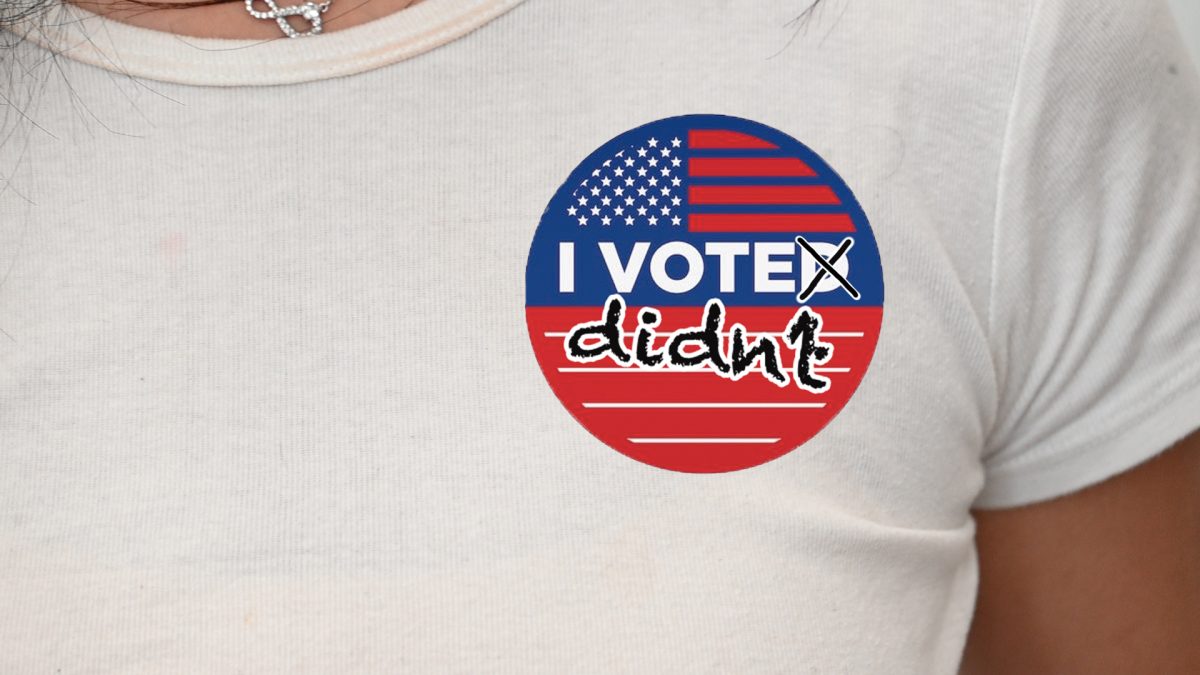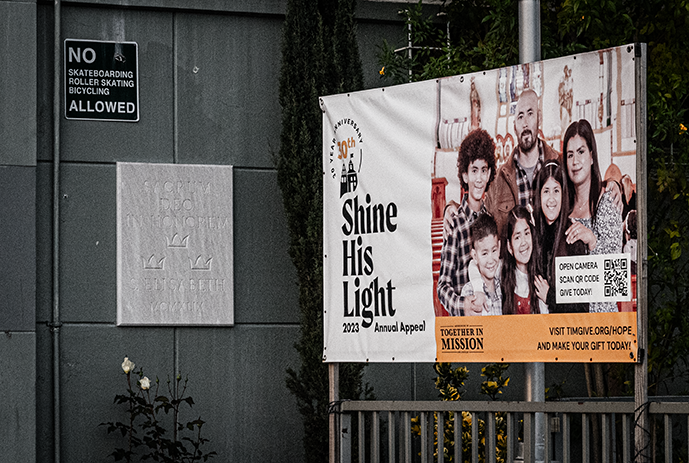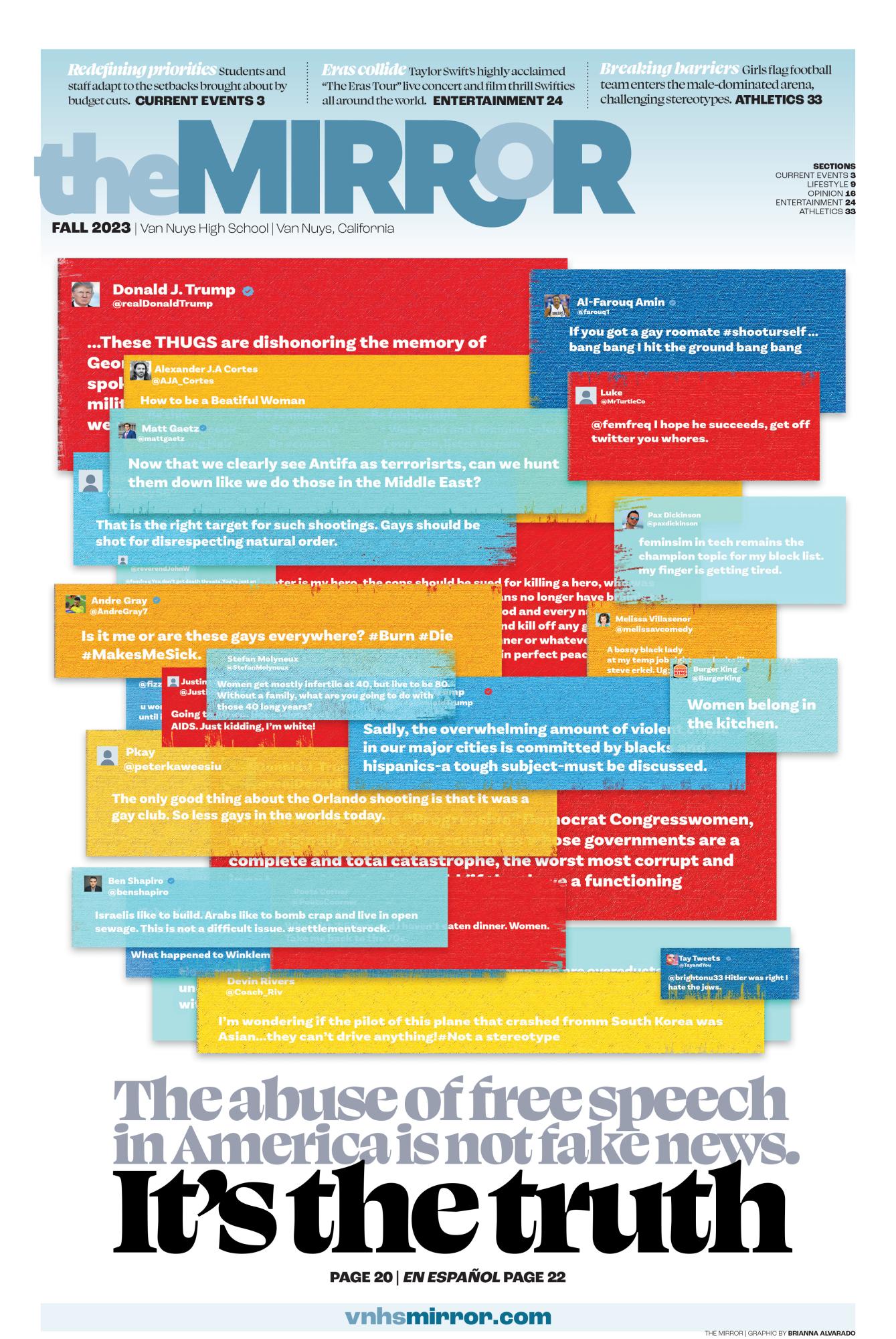SB 145: anti-discriminatory bill is not a gateway to pedophilia
Misinformation causes panic to surge after California passes SB-145 bill to reform the sex offender registry.
Gavin Newsom speaking during a news conference
Oct 16, 2020
You’ve been in a relationship with your significant other for quite some time and you both decide that it’s time to take the next step. You both consent to an intimate relationship and because of this either you or your partner end up on the sex offender registry, ruining the chances of getting a job or buying a home.
This is something that straight couples don’t have to worry about.
However, for young people in California in same-sex relationships, this has been a real possibility.
California law treated statutory rape cases differently depending on what type of penetration occurred.
Although anti-gay laws have been repealed, the structure of the sex offender registry still targets LGBTQ+ couples.
California State Senator Scott Wiener of San Francisco said the current requirements for someone to register as a sex offender are unfair because they target the LGBTQ+ community, especially the youth. This caused him to author SB 145 and push for equality.
Signed by Governor Gavin Newsom on Sept. 11, Wiener describes it as an anti-discrimination law designed to end discrimination against LGBTQ+ adolescents on the sex offender registry.
Wiener summed up the unfortunate difference in how gay people were treated before the bill became law. Heterosexual teenagers are having sex and aren’t required to register as a sex offender whereas gay teens having sex don’t have that choice and are required to be registered as a sex offender without a judge looking at the case facts and making the decision.
Prior to SB 145, there would be automatic sex offender registration for those who have oral or anal sex.
Now, a judge will have to make the decision, just as they do in cases involving vaginal intercourse.
The California sex offender registry was created in 1947 when same-sex intercourse was illegal. By making same-sex intercourse illegal it makes gay couples a target because it’s easier for them to find themselves on the sex offender registry.
The law has caught the attention of right-wing Americans who’ve succeeded in twisting the purpose of the bill, particularly because they believe it is a gateway to pedophilia.
The bill applies to individuals ages 14 to 17 who are in a relationship with someone who is up to 10 years older than they are. These provisions have always applied to heterosexual relationships and the SB 145 law now allows this to apply to gay relationships as well.
Opponents are deliberately misconstruing the law by creating extreme hypothetical situations such as a 14-year-old in a romantic relationship with a 24-year-old.
Legally and ethically anyone under 18 is considered a minor and therefore unable to consent to intercourse and that’s why under California law, sex between an adult and a minor is still illegal.
This age bracket was not created by SB 145 but has been existent in the sex offender registry for nearly 100 years.
The new law now allows the age bracket to be applied to homosexual relationships. Nor does the bill change the age or conditions of consent.
The law actually enforces inclusivity by now allowing gay couples to do what heterosexual couples have been allowed to do. SB 145 is finally closing a loophole that has existed for over a century where gay relationships were treated differently for doing something that society normalized for straight relationships.
Its sole purpose is to extend current laws to address LGBTQ+ youth, allowing same-sex couples the same legal rights that straight couples have always had.
The bill was written by the Los Angeles County District Attorney’s Office and supported by civil rights advocates, rape crisis centers, and children’s advocacy organizations because they believe the bill repairs an inequality, not because they wanted to provide any loopholes for pedophiles.
Currently, over 100,000 people are listed on the state’s registry, meaning one in 400 Californians are legally registered as sex offenders.
According to Senator Wiener, many of those people don’t belong on that list. He emphasizes the importance of an accurate sex offender registry list using the example of child abduction.
If a child abduction occurs, law enforcement requests a list of offenders in the area of the abduction.
The process of finding the child is slowed down when law enforcement has to sift through hundreds of names who were only registered because they were found guilty of having consensual sex with their same-sex partner.
When the registry is flooded with individuals who don’t pose a threat to our society, it makes it harder for law enforcement to monitor the real predators.
Opponents of the law argue that pedophiles will be protected under the bill and free to run loose, which is far from the truth.
The Senator doesn’t plan on throwing out the sex offender registry but wants to make sure there’s a distinction between a predator who earned their spot on the registry versus a gay minor who doesn’t belong on the list.
Telling the difference between the two is extremely important given that California is one of only four states that require registered sex offenders to stay on the registry their entire life.
This law will make it possible for those with lower-level offenses to petition their removal after 10 or 20 years on the registry, which is better than spending the rest of their life on the registry.
Judges will be able to review case facts and decide whether an individual still identifies as a predator.
That’s not good enough for many who are registered because they were in a same-sex relationship. Their reputations are destroyed. They can’t lease or buy a car. They can’t find a job or get housing.
The extreme claims against the bill have more to do with intentional misrepresentation from right-wing press outlets than accidental misinformation.
Conspiracy theorists and other far-right groups such as QAnon are taking advantage of readers’ unwavering trust and spreading false information well aware that very few will do research beyond their article.
A right-wing cult group, QAnon postings on Facebook and other social media are hotspots for SB 145 misinformation and a source of cyber threats against Senator Wiener.
President Donald Trump endorses this extremist group whose most recent and famous conspiracy theory is that a cabal of pedophiles, most of whom are high-ranking officials, are responsible for running a global child sex-trafficking ring. The group believes that their savior Trump will bust the ring.
One commenter even threatened to decapitate the Senator and mail his head to his mother.
SB 145 is not the gateway to pedophilia opponents violently and vocally claim that it is, but is an act of inclusivity for the LGBTQ+ community.
The new law corrects a wrong that has existed for over 100 years in California, despite what its critics say.












